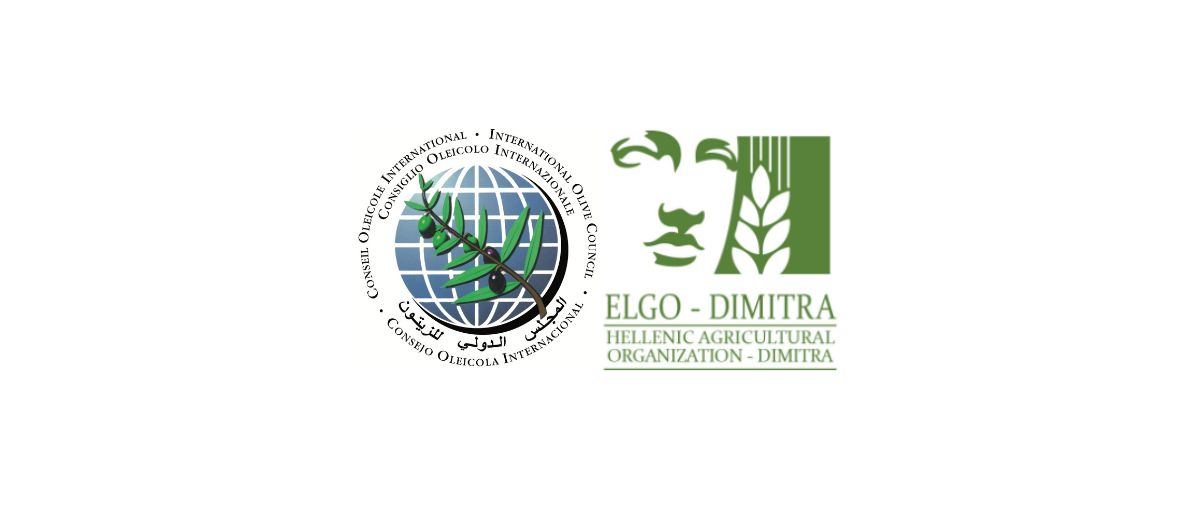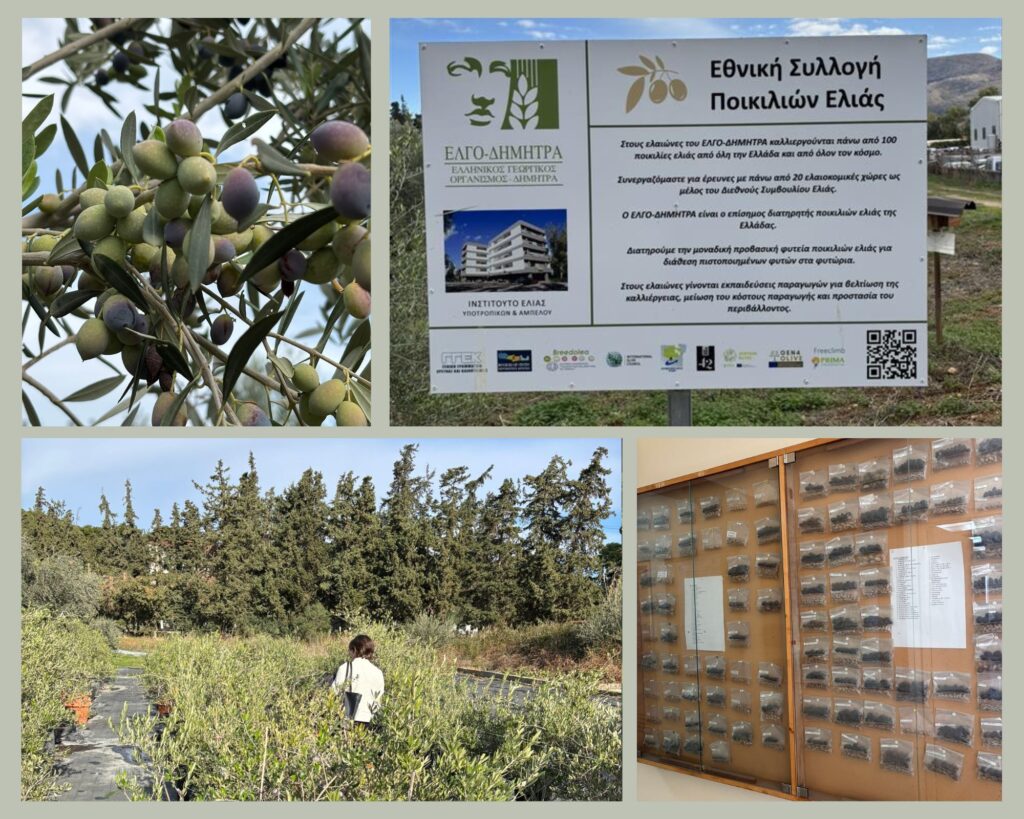The International Olive Council (IOC) has officially recognised the olive germplasm collection at the ELGO-DIMITRA Institute for Olive Tree, Subtropical Crops & Viticulture (IOSV) in Chania, Crete as an international olive germplasm bank, making it the eighth in the IOC’s global network. This recognition marks a significant milestone in olive genetic conservation and research, reinforcing Greece’s role in preserving the world’s olive biodiversity.
Preserving genetic resources for a sustainable future
The IOC’s network of international olive germplasm collections, established in 1994, plays a fundamental role in conserving olive genetic diversity and supporting scientific research. These collections serve as valuable repositories of genetic material, safeguarding olive varieties from climate change, emerging diseases and genetic erosion.
The preservation of olive genetic resources is essential in responding to major challenges, such as Xylella fastidiosa, Verticillium dahliae and extreme climatic conditions. By maintaining a broad genetic pool, these banks support breeding programmes that can develop resilient olive varieties, ensuring the long-term sustainability of olive cultivation worldwide.
With the addition of the Chania-based germplasm bank in Crete, the IOC now counts eight international collections located in Spain, Italy, Morocco, Türkiye, Israel, Argentina, Iran, and now Greece. These institutions form an interconnected network dedicated to the conservation, study and sustainable use of olive genetic diversity.
The Greek olive germplasm collection in Chania
The newly recognised Greek international olive germplasm bank, hosted at IOSV under the Hellenic Agricultural Organisation-DIMITRA (ELGO-DIMITRA), plays a pivotal role in olive research, conservation and innovation. ELGO-DIMITRA is Greece’s leading agricultural research centre, working under the Ministry of Rural Development and Food, with a mission to enhance sustainable farming practices, biodiversity conservation and agricultural competitiveness.
At its headquarters in Chania, Crete, IOSV conducts research on tree crops, particularly olives, citrus and subtropical species. The institute manages extensive experimental and collection fields, including the national olive germplasm bank of Greece, which maintains 115 olive varieties, of which 64 are officially registered in the Greek national catalogue. These collections provide genetic material for breeding programmes, disease resistance research and adaptation studies.
The Chania facility also houses one of Greece’s three IOC-recognised laboratories for olive oil analysis, contributing to the advancement of quality control and authenticity verification in olive oil production. With a focus on modernising olive cultivation, improving oil quality and addressing emerging agricultural challenges, IOSV’s research activities align with the IOC’s broader mission to protect and promote the global olive sector.
A shared commitment to olive conservation
The recognition of the Chania germplasm bank is a testament to Greece’s commitment to preserving its rich olive heritage and contributing to international efforts in olive research and genetic conservation. Situated in the Mediterranean—the cradle of olive cultivation—Greece has long been a custodian of diverse and ancient olive varieties. This addition strengthens the IOC’s global network of germplasm banks, ensuring that valuable genetic resources remain protected for future generations while reinforcing the Mediterranean’s historical role as the heart of the olive-growing world.
IOC Executive Director Jaime Lillo stated: “The recognition of the Chania germplasm bank as part of the IOC’s global network marks a vital step in safeguarding olive genetic diversity. Preserving these resources is not only essential for protecting our agricultural heritage but also for securing the future of olive cultivation in the face of climate change and emerging threats. By expanding our germplasm network, we strengthen the foundation for scientific research and breeding programmes that will ensure the resilience and sustainability of olive growing for generations to come.”
Georgios Koubouris, ELGO-DIMITRA Director emphasised: “The ELGO-DIMITRA team is very proud of being part of the IOC network and honoured to be recognized as an international Germplasm Bank. This is the result of multiyear preparation and fulfilment of the high standards required. Our common vision is to protect olive genetic richness and provide specific recommendations for the exploitation of local olive varieties in the context of a transition of traditional olive groves to environmentally sustainable and economically competitive agricultural lighthouses.”
As the leading international organisation dedicated to olive trees and their products, the IOC remains at the forefront of conservation, research and sector development initiatives. Through its germplasm network, scientific collaborations and policy guidance, the IOC continues to play a pivotal role in ensuring the resilience, sustainability and global appreciation of the olive sector.










